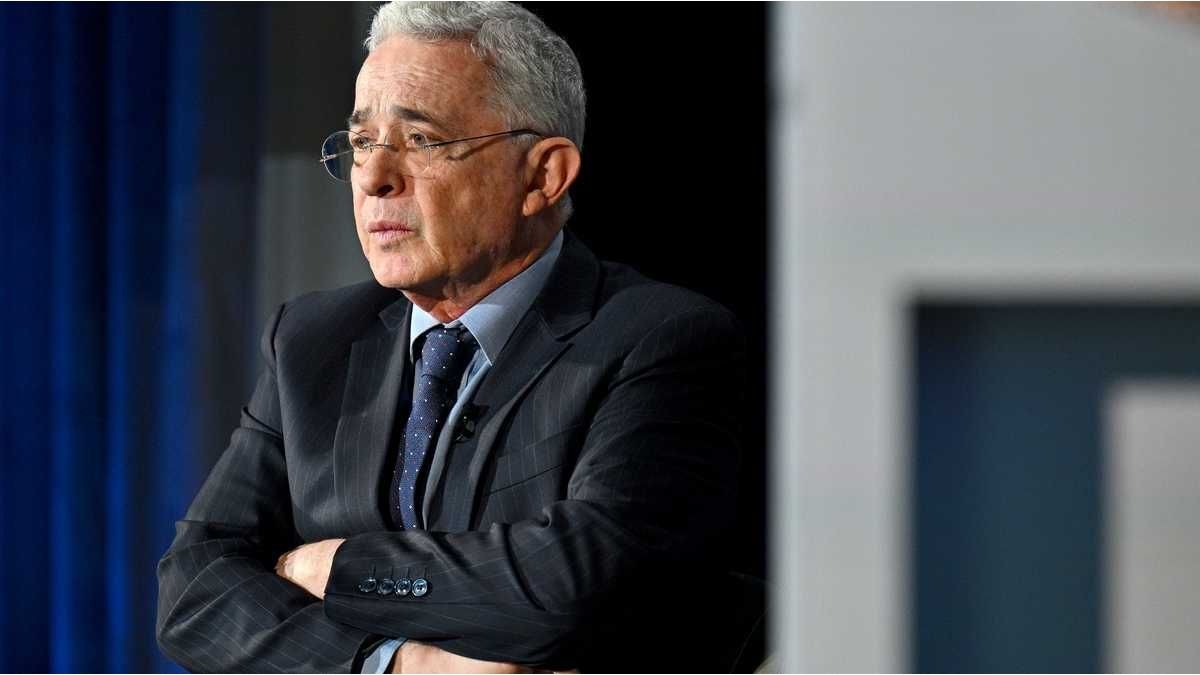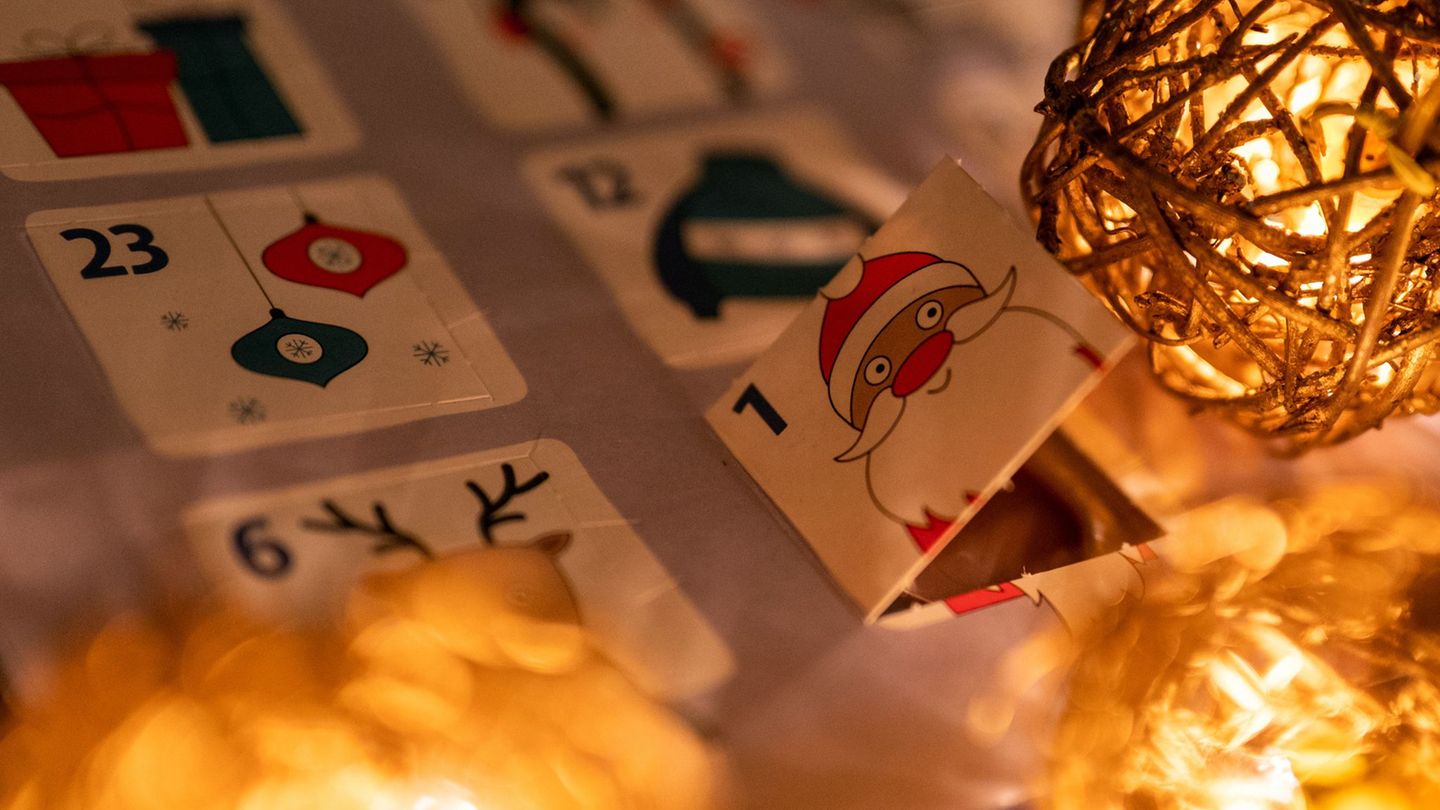“We become complicit in AI, which will do what we ask for perfectly. Art instead lives in the spontaneous and can be seen as error, that shared clumsiness that makes us human,” says Alex Jeannotone of the members of Voxpop, that have been together more than two decades and premiere “artificial disintelligence.”
The mood and music band without instruments composed of Pablo Kaloustian, Mariano Avruj, Oscar Llóbenes, Mariano Barreiro, Hernán LaPeruta and Jeannot It occurs since Friday, for the only 5 functions, at 20 at the Border Theater. We talked with Jeannot.
Journalist: How does AI impact on these times and why they called the show artificial disintelligence?
Axel Jeannot: What impacts the most is the speed at which things are done today, automation, predictable, efficient and we misusilized to do the opposite. It is a show with imperfections, errors, real perspiration, because we want to claim the analog, the clumsy, the visceral. And even more considering that we are a rock band without instruments, so we have no ia.
Q.: Did you conceive a kind of dystopia in which you no longer exist and return to the sources of the analog, what else can you say? How do they imagine that future not too distant?
AJ: The show is half a dystopia, we introduce ourselves as if we were a lost group that some archaeologists found, it is like a bizarre documentary of a band that made music with the mouth without plug, without a tune car, with nothing. People in the future will not be able to believe that this existed. But there is some art that cannot replace AI. You can create music and build the best arrangements with AI but there is something of the living that will never disappear. We are a musical tribe, ridiculous, which did different things.
Q.: What does AI take away? And what does it give us?
AJ: It gives us many good speed, comfort, efficiency but it takes us awkward, the unpredictable, which is vital. We are wrong singing a note, we make a furcio and that makes us laugh and infects us. We become accomplices and that will not give it, it will do it perfect, we will do what we ask. Art lives in the spontaneous and can be seen as an error but it is the human, the shared awkwardness that makes us human.
Q.: What about the nostalgia of the human, artisanal and imperfect? Is AI perfect?
AJ: It is the key to the show, nostalgia for the imperfect and human, AI is pure technique, and for me art or singing although it has mathematical precision technique, it is not technical. Sometimes desprolijidad makes it laugh, it brings magic, this show is scripted and is put, but that improper is what we try to claim, we do not do playback, there happens what follows what follows us, keeps us alive.
Q.: They talk about these times when everything is done to lung, how do you see music and culture today?
AJ: I cannot imagine another artistic expression of doing everything more to lung, 20 years ago we rehearse twice a week, we continue to gather, practicing an arrangement or onomatopoeia hours, seeing if we close more or less our mouths, we continue to improvise live and making bad jokes, this is purely artisanal, it is not fast or fast, it is slow but it is so. I miss everything slower and handmade, I miss listening to an entire album, recording a radio song, putting up a compilation in a cassette wanting a announcer not to speak to you not to ruin it to you. Study an ear song, we like another way of doing things.
Q.: How do they take with the platforms and networks to spread their work?
AJ: It costs us, we are hard, we are from technology and networks, we had MySpace, we upload music there, we went through everything, we made videos for World Cups that were on YouTube, then Instagram and Tiktok. We fight and friends with networks but it is an essential tool. We have to cut the essay to film and communicate, it is part of life. We are a band born in 2002, we used disks, CDs, cassettes, we have survived many platforms, but we like to show what we do in networks and adapt.
Source: Ambito
I am an author and journalist who has worked in the entertainment industry for over a decade. I currently work as a news editor at a major news website, and my focus is on covering the latest trends in entertainment. I also write occasional pieces for other outlets, and have authored two books about the entertainment industry.




